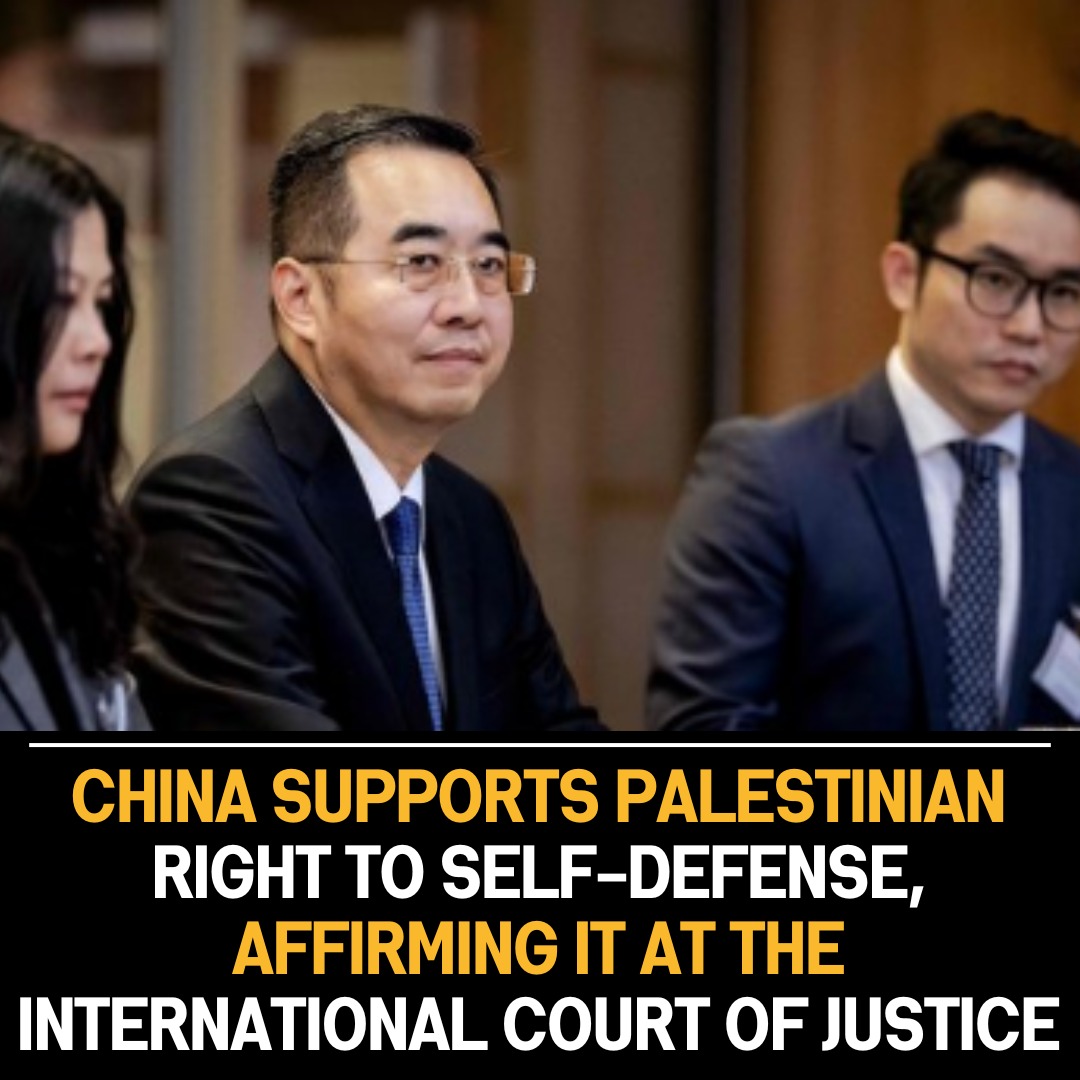In a significant move, China has stepped forward to advocate for the Palestinians’ right to armed struggle for self-defense in the International Court of Justice (ICJ). This stance underscores China’s commitment to addressing the longstanding and complex issues surrounding the Israeli-Palestinian conflict.
China’s support for the Palestinians’ right to armed struggle reflects its position on the broader principles of self-defense against oppression. The Israeli-Palestinian conflict has been marked by decades of tensions, and the advocacy for armed struggle is rooted in the belief that oppressed communities have the right to defend themselves against perceived injustices.
The International Court of Justice serves as a crucial platform for addressing legal aspects of conflicts between nations. China’s engagement in advocating for the Palestinians within this international legal framework signals its commitment to upholding principles of justice and fairness on the global stage.
The Chinese assertion aligns with a historical context where the Palestinians have sought recognition and support from the international community in their struggle for self-determination. China’s vocal advocacy in the ICJ provides a diplomatic avenue for the Palestinian cause to be heard and considered on an international legal platform.
The emphasis on self-defense reflects a broader debate within the international community regarding the interpretation of the right to armed struggle under international law. While nations and legal experts may hold different perspectives on this matter, the ICJ provides a forum for clarifying legal principles and establishing precedents.
China’s involvement in the Israeli-Palestinian conflict on an international legal stage also highlights its growing role in global geopolitics. As a major player in international affairs, China’s stance carries weight and can potentially influence diplomatic discussions and resolutions concerning the Israeli-Palestinian issue.
The ICJ proceedings allow for a comprehensive examination of the legal aspects surrounding armed struggle and self-defense in the context of the Israeli-Palestinian conflict. China’s advocacy underscores its commitment to international law and the resolution of conflicts through diplomatic and legal means.
It’s important to note that the Israeli-Palestinian conflict is deeply rooted in historical, political, and religious complexities. China’s intervention in the ICJ does not imply a unilateral resolution but rather adds another diplomatic dimension to the ongoing efforts to address the multifaceted challenges in the region.
In conclusion, China’s advocacy for the Palestinians’ right to armed struggle for self-defense in the International Court of Justice is a significant diplomatic move. It reflects China’s commitment to addressing global conflicts through legal frameworks and contributes to the ongoing discourse surrounding the Israeli-Palestinian issue. The ICJ proceedings provide an opportunity for a nuanced examination of the legal aspects involved, and China’s involvement adds a diplomatic layer to the complex dynamics of the Middle East.









